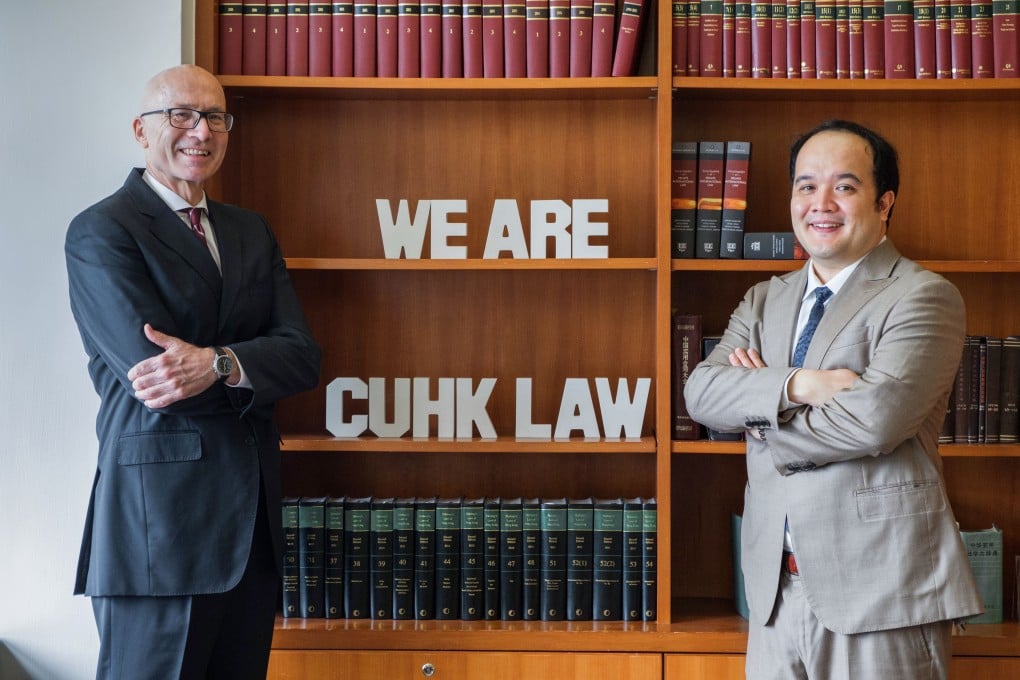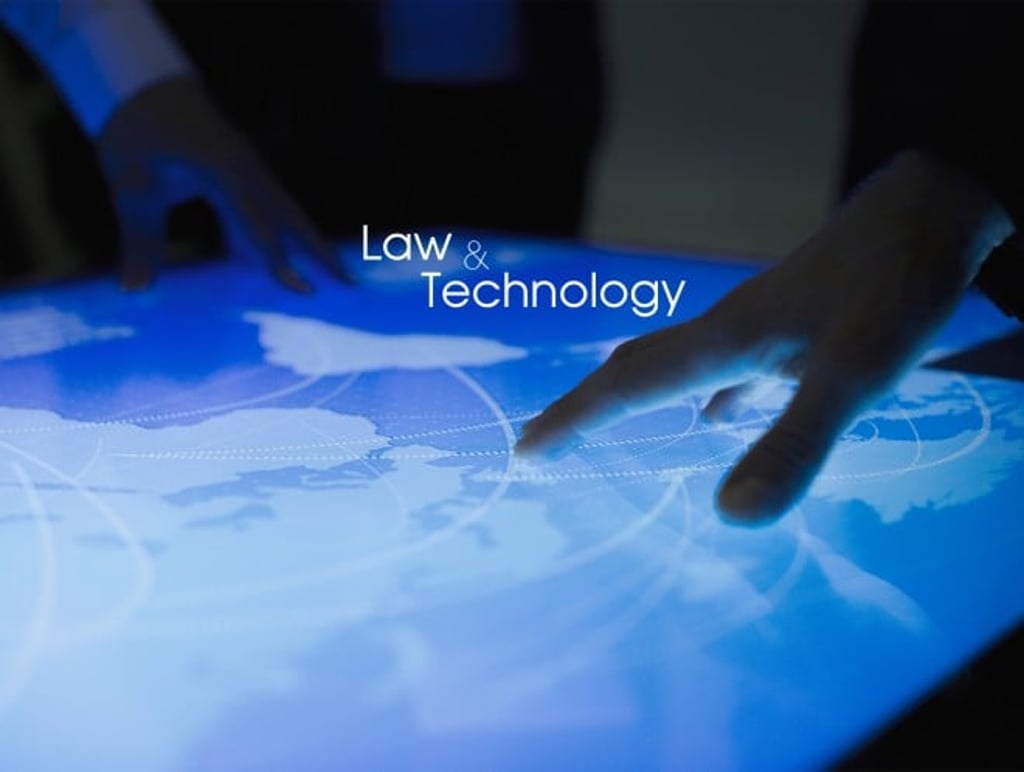Changing Paths: Law as a Second Career - CUHK LAW JD Programme

[Sponsored Article]
Designed specifically for graduates with a first degree in other fields, the Juris Doctor (JD) programme offered by The Chinese University of Hong Kong’s Faculty of Law (CUHK LAW) enables a change of direction and opens up a host of new career opportunities.
Each academic year, the programme attracts around 1,000 applications and admits roughly 130 students to the two-year, full-time mode and around 65 to the part-time mode. The latter usually takes 42 months, but can be extended if necessary, making it possible to fit classes around other work and family commitments.
For applicants, the main requirements are a good non-law (or non-common law) bachelor’s degree plus a high standard of English. Many applicants have five or more years’ professional experience in areas like banking, financial services, government, engineering, the airline industry, pharmaceuticals or medicine – and are keen to take on a new challenge, for personal and career development, or a change in career.
“The JD is ideal for people switching into law as a second career, who want to qualify to practise in Hong Kong,” says Professor Lutz-Christian Wolff, Wei Lun Professor of Law and Dean of CUHK LAW. “This is a high-quality programme taught by first class professors for elite students. It is intellectually challenging and lets individuals develop themselves.”

